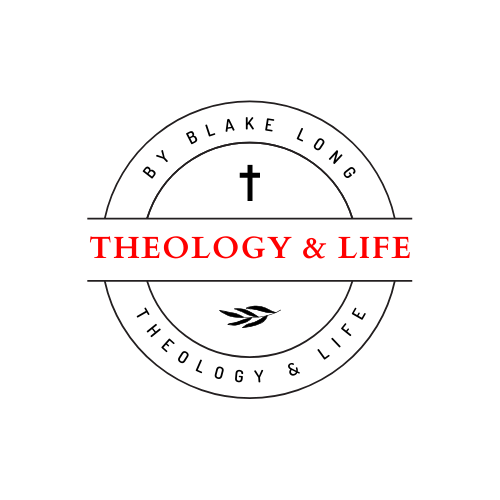“He that has doctrinal knowledge and speculation only, without affection, never is engaged in the business of religion.” (Jonathan Edwards)
First Corinthians 13 is famous for a reason. Though it may be used mostly for weddings, it’s ultimate context relates to spiritual gifts and how some in the church at Corinth became so puffed up with pride yet lacked love.
The same can be said for those of us who love theology yet have a difficult time showing affection and love toward others. You perhaps know the intricacies of the Trinity debate that has been going on for the last five years; you might even understand the complexities that come with the doctrine of the hypostatic union (it’s impressive simply to know what that phrase means!). But the Bible is clear: your knowledge means nothing if it is not accompanied by love. In other words, according to Edwards, you’re not truly “engaged in the business of religion” if your theology is devoid of affection.
Why is this so important? Because at the end of the day, God isn’t in the business of merely filling your mind with knowledge. He doesn’t want a mere mind change, but a heart change. Not simply brain work, but heart work.
Even more, we must admit that there are many who know great things about the Christian faith, yet are blatant unbelievers. Bart Ehrman, a New Testament (NT) scholar, for example, is very knowledgable of the New Testament and it’s no secret that he’s incredibly smart (though his conclusions are wrong). And yet, this NT scholar is an agnostic. You can be a NT “scholar” and be unsaved. Head knowledge doesn’t save us.
To be sure, we also must acknowledge that we need head knowledge. We must know God intellectually before we know him affectionally. But there can be a giant disconnect between the two, and it happens all over.
Theology without affection is horrific. It’s ugly, distasteful, and unappealing. “Biblical orthodoxy without compassion,” theologian Francis Schaeffer once said, “is surely the ugliest thing in the world.” Our biblical orthodoxy is useless if we don’t have biblical orthopraxy. What we know needs to impact how we behave.
Friends, theology is vitally important in the life of a Christian. We need it. We ought to study it and make it our business to know the ins and outs of the study of God, for that is what theology is. But our study must not stop there. It must enter our brains and flow down to our hearts that express itself with love, grace, mercy, and worship.
Enjoy my writing? Perhaps you’ll enjoy my book, Gospel Smugness.










Leave a comment